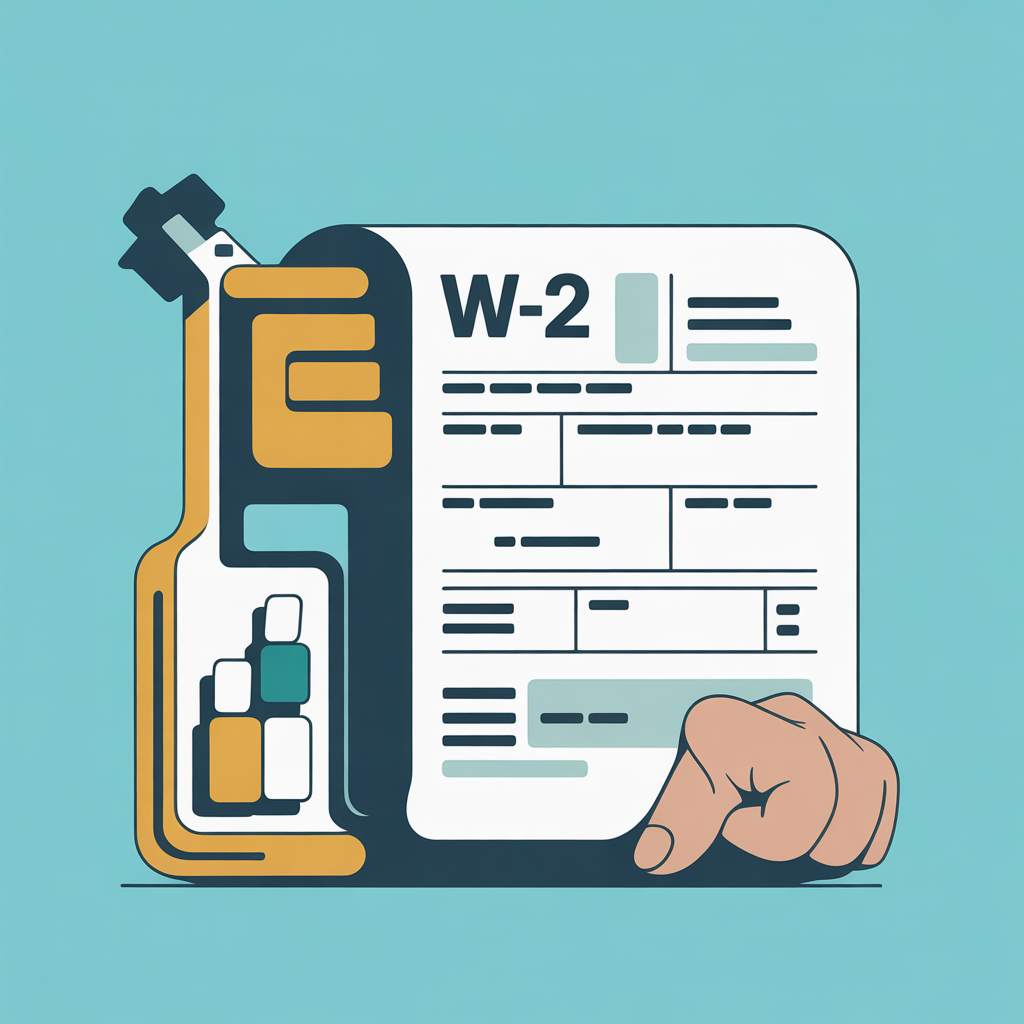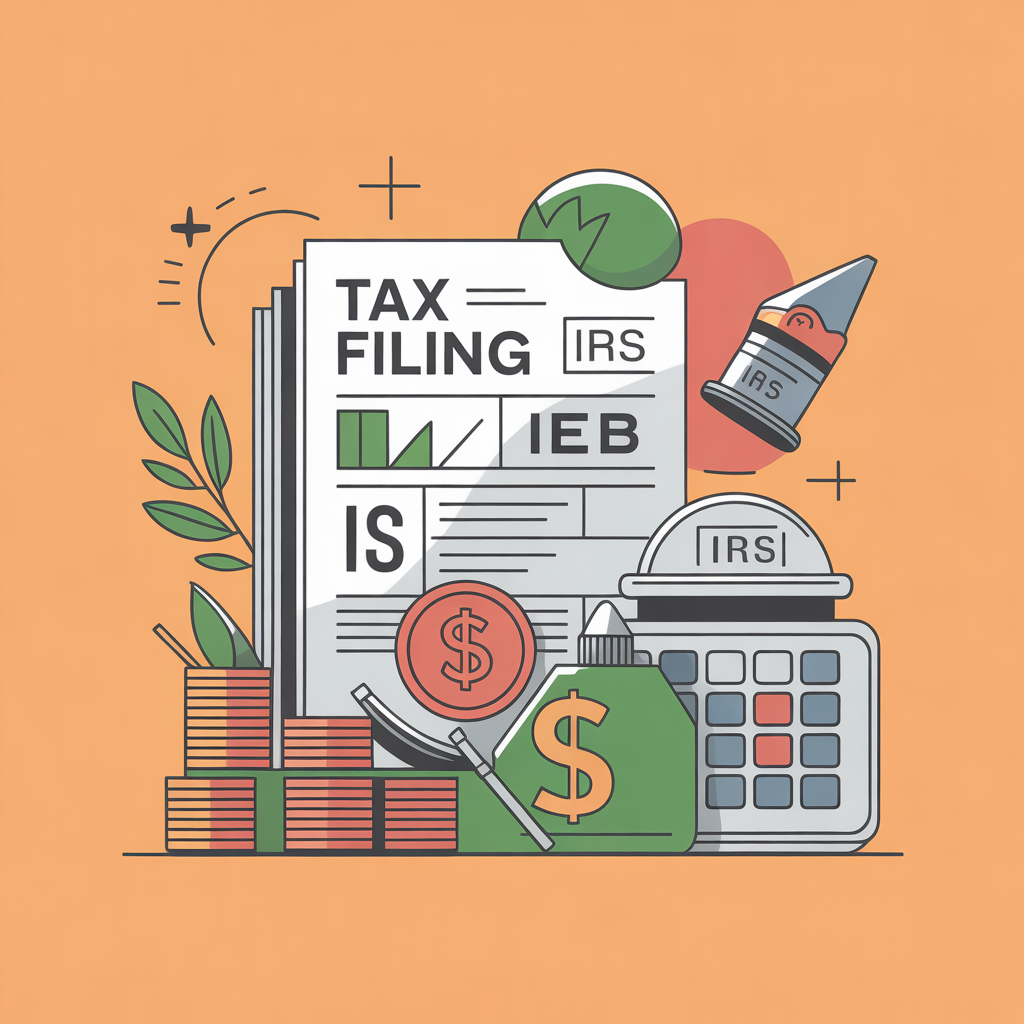Filing taxes for the first time can feel intimidating, but understanding the basics can make the process much easier and even help you save money. This guide is designed to walk you through everything you need to know about preparing, filing, and getting the most out of your tax return as a first-time filer. With the right information, you’ll be well-equipped to file confidently and avoid common mistakes.
- Understand Why You Need to File
Most people are required to file a tax return if their income is above a certain threshold. Filing taxes allows you to report your income to the IRS, pay any taxes you owe, and potentially receive a refund if you’ve overpaid throughout the year. Additionally, filing on time keeps you in good standing with the IRS and can help you qualify for loans and other financial benefits down the road.
- Know What Forms and Information You’ll Need
Before you begin, gather all the documents you’ll need to complete your tax return. Here are some essential documents to look out for:
- Form W-2 (for employees): This form reports your annual earnings and taxes withheld by your employer.
- Form 1099 (for freelancers, independent contractors, or other income): You’ll receive this form if you earned income from self-employment, freelancing, interest, dividends, or other sources.
- Social Security Number (SSN) or Taxpayer Identification Number (TIN): You need this to identify yourself on your return.
- Bank Account Information (for direct deposit): Having your bank details ready can speed up any refund you may be due.
- Receipts for Deductions: Gather any receipts or documentation for possible deductions like education expenses, medical costs, or charitable donations.
Once you have your forms and information ready, you’ll be better prepared to start filing.
- Choose Your Filing Status
Your filing status impacts your tax rate and the deductions you’re eligible for. The most common statuses are:
- Single: For individuals who are not married.
- Married Filing Jointly: If you and your spouse file a single return together.
- Married Filing Separately: If you and your spouse file separately, which may result in a higher tax rate.
- Head of Household: For single individuals who financially support a dependent. This status typically has a lower tax rate.
Choose the filing status that best fits your situation to ensure the correct tax rate and deductions.
- Understand Deductions and Credits
Deductions and credits can significantly reduce the amount of tax you owe. Here’s a quick overview:
- Standard Deduction: Most taxpayers take the standard deduction, a flat amount that reduces your taxable income. In 2023, it’s $13,850 for single filers and $27,700 for married couples filing jointly.
- Itemized Deductions: If your deductible expenses (like medical bills, mortgage interest, and charitable contributions) are greater than the standard deduction, it may make sense to itemize.
- Tax Credits: Credits directly reduce the amount of tax you owe. Common credits include the Earned Income Tax Credit (EITC), Child Tax Credit, and Education Credits like the American Opportunity Credit.
Each deduction and credit has specific requirements, so check if you qualify before claiming them.
- Choose How You Want to File
You can file your taxes in several ways. Here are the main options:
- Tax Software: Filing software like TurboTax, H&R Block, and TaxAct are user-friendly, affordable, and guide you step-by-step through the process. They also help you maximize deductions and credits.
- Hire a Tax Professional: If your taxes are more complex or you want personalized advice, a tax professional can be a worthwhile investment.
- Free File Options: The IRS provides Free File for eligible taxpayers with an income below a certain threshold. This option offers free access to tax software for straightforward filing.
- Double-Check Your Information
Mistakes on tax returns are common, especially for first-time filers. Here are a few areas to double-check:
- Ensure All Income Is Reported: Make sure to include all income, including interest from savings accounts or freelance work, to avoid IRS penalties.
- Verify Your Personal Information: Double-check your SSN, bank account information, and other identifying details.
- Check Your Deductions and Credits: Misclaiming deductions or credits can lead to delays or audits, so ensure you qualify.
Taking the time to review your return can save you potential headaches and ensure your refund arrives promptly.
- Know When and How to Pay
If you owe taxes, it’s important to pay them on time to avoid penalties. The deadline to file and pay taxes is typically April 15th. If you can’t pay the full amount, the IRS offers options like payment plans. Alternatively, you can request an extension to file, but any taxes owed are still due by the April deadline to avoid interest.
- Stay Organized for Next Year
After filing, keep your records organized for future reference. Store copies of your return, W-2s, and any forms or receipts related to deductions and credits. This will simplify your tax preparation next year and provide essential documentation if the IRS requests further information.
- Track Your Refund
If you’re expecting a refund, you can track its status on the IRS “Where’s My Refund?” page. Most refunds are issued within 21 days, especially if you file electronically and opt for direct deposit.
- Take Advantage of Tax Education Resources
The IRS and other financial institutions offer numerous resources to help you understand taxes. Familiarizing yourself with these resources can help you become more confident and even save money in future tax seasons.
Final Thoughts
Filing taxes for the first time is a learning experience, but by following this guide, you’ll be well-prepared. Gather your forms, choose the right filing status, take advantage of deductions and credits, and stay organized. With these steps, you’ll not only complete your return correctly but also build a foundation for smooth tax filing in the years to come.
The Riwa is your one-stop financial partner, providing reliable tax, payroll service. We help businesses and individuals across the USA.
Contact us : filetaxes@theriwa.com & Visit our website : theriwa.com






